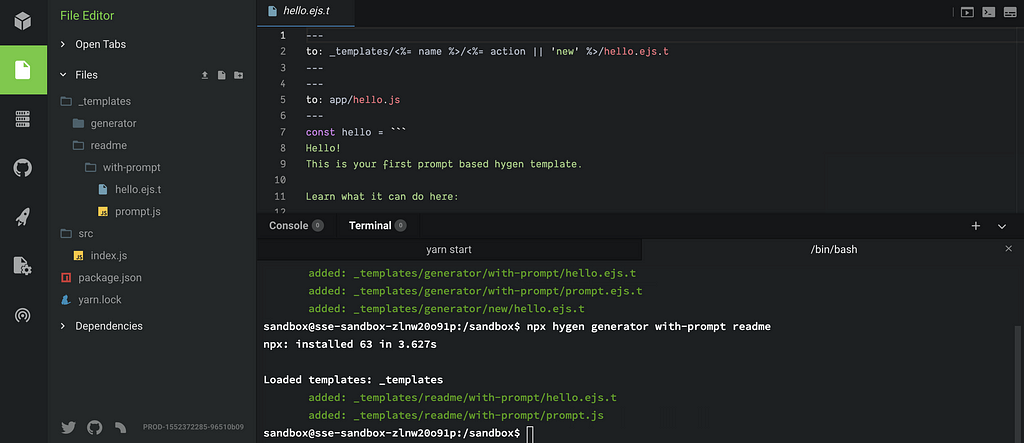

rng - (Function) Random # generator to use.random - (Number) Array of 16 numbers (0-255) to use in place of randomly generated values.unparse ( buffer ) // -> '02a2ce90-1432-11e1-8558-0b488e4fc115' uuid. UUID, short for Universal Unique Identifier, is a 128-bit value for representing entities on the internet.

v1 ( null, arr, 16 ) // -> // Optionally use uuid.unparse() to get stringify the ids uuid. Generate two ids in an array var arr = new Array ( 32 ) // -> uuid. (Future versions of this module may use persistent storage mechanisms to extend this guarantee.)Įxample: Generate string UUID with fully-specified options The randomly generated node id is only guaranteed to stay constant for the lifetime of the current JS runtime.Returns buffer, if specified, otherwise the string form of the UUID The term globally unique identifier (GUID) is also used. UUIDs are generally used for identifying information that needs to be unique within a system or network thereof. Offset - (Number) Starting index in buffer at which to begin writing. A universally unique identifier (UUID) is a 128-bit label used for information in computer systems. The node Id used to generate the example UUID was E1:22:33:A2:F3:45 which is represented by 'e12233a2f345' in UUID.

The term globally unique identifier (GUID) is also used. Default: internal uuid counter is used, as per 4.2.1.2.īuffer - (Array | Buffer) Array or buffer where UUID bytes are to be written. A universally unique identifier (UUID) is a 128-bit label used for information in computer systems. generate () API Reference Depending on the size of the project, if it is small and simple enough the reference docs can be added to the README.


 0 kommentar(er)
0 kommentar(er)
